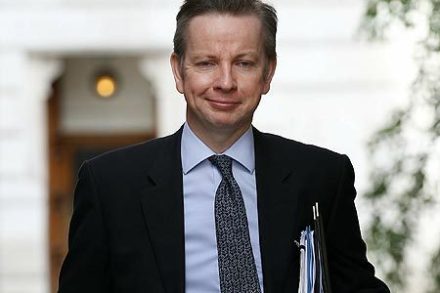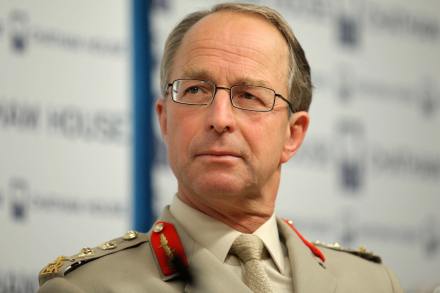Dave Spart Returns to the Guardian
Well, perhaps he’s never left. There’s much to enjoy in – and something nostalgic about – this piece by Michael Chessum and Jonathan Moses in today’s Guardian. Apparently “politics as usual has failed” so, naturally, alternative methods must be sought. Now, as it happens, one can understand why students are disappointed by the Liberal Democrats’ flip-flop on university funding. But this is bunk: And mobilise we must. The coalition’s proposals represent a nigh irreversible transformation of higher education, and the commodification of knowledge and learning. Mobilise all you like, comrades. But while there’s an intrinsic value to knowledge and learning they are also, quite evidently commodities. That’s why they have


















